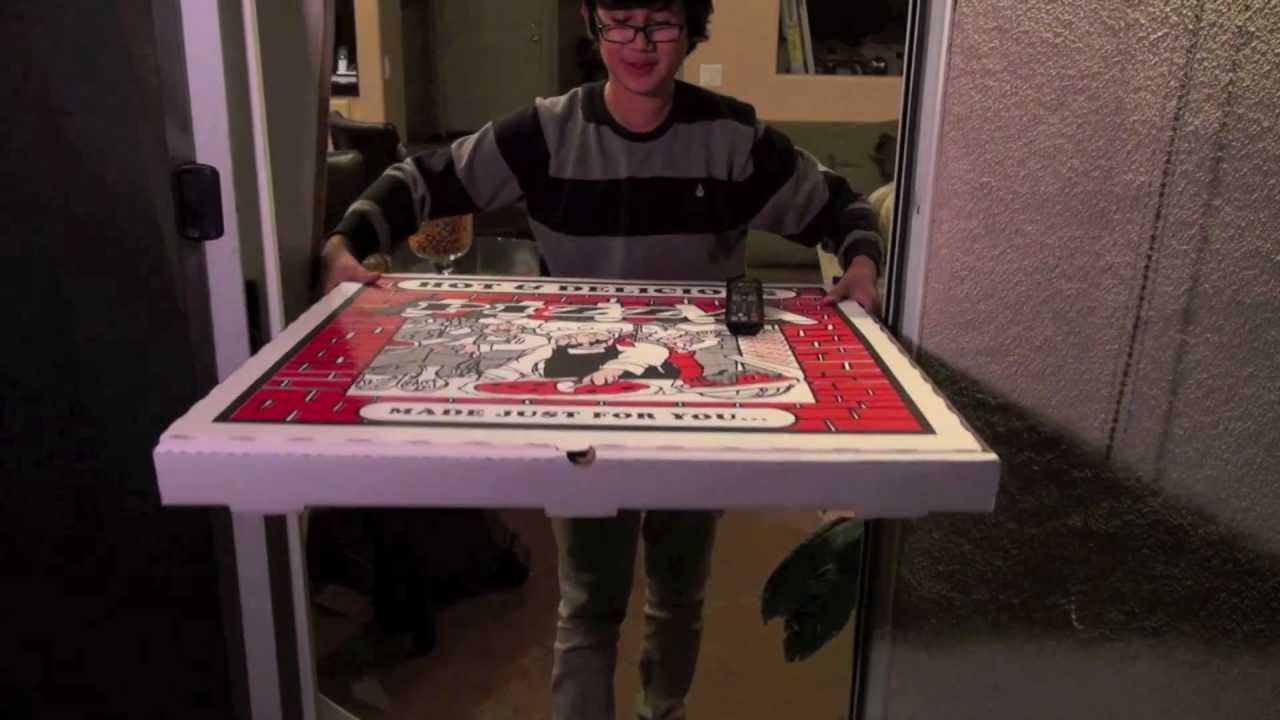‘Poor old Kevin was left alone at home.’
I suppose you can use the adjective ‘old’ in the above sentence. Kevin was an eight-year-old boy who was mistakenly left behind when his family flew to Paris for their Christmas vacation.
I wonder if you could use the same adjective for describing a ‘less-old’ boy.
(Edited)
I wonder if the phrase ‘poor old’ could be used for describing ‘old’ people as well as young people.
‘Poor old Yutaka was left alone at home.’
“Poor old” could be used with all ages, but the meaning changes from realistic to ironic. There is also a change from formal to to informal. The less likely it is that the person being described is really poor and old, the more ironic and informal the phrase sounds,
“Poor old” might also be used to describe how a person feels about himself when he is feeling mistreated or left out.
“Poor, old 4-month-old Johnny” sounds almost comical.
“Poor, old Yutaka” makes me think one of the following: 1. It’s literally true 2. Someone is speaking a bit disrespectfully of Yutaka. 3. Yutaka is feeling unappreciated.
2 Likes
Yes, the poor old expression can be disrespectful if used about a third person. If I were to say “Oh, poor old you, Yutaka,” it would be a gentle ribbing, affectionately done.
Signed by
“poor old me”
Edited
1 Like
I agree with SanneT post about another possible meaning.
"Macaulay Carson Culkin (born August 26, 1980) is an American actor. He became famous for his role as Kevin McCallister in Home Alone and Home Alone 2: Lost in New York. "(Wikipedia)
Poor old Macaulay, who, at the age of ten, had to play the role of a boy named Kevin, is now thirty-three years old.
